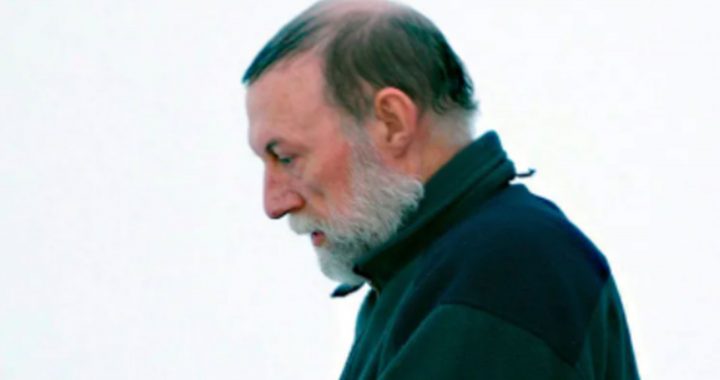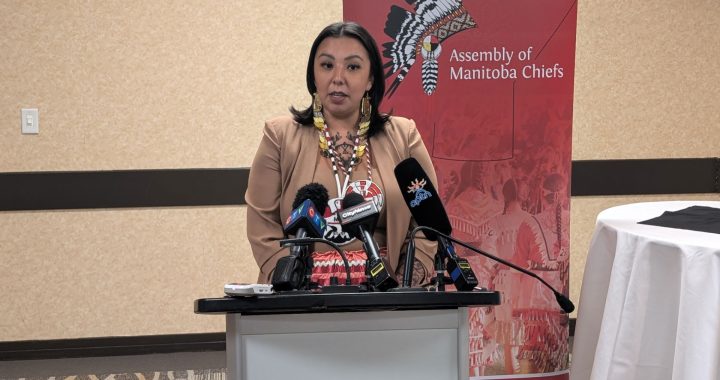Two First Nations groups from B.C., who sit on opposite sides of the open net salmon fish farm industry, were in Ottawa to make their case.
“People 5,000 kilometres away should not be making political activist-driven decisions for ancient nations that have been stewards of our lands and waters and resources since time immemorial,” Chris Roberts, of the Coalition of First Nations for Finfish Stewardship, told reporters at a news conference on Parliament Hill on Tuesday.
But just a few hours later and speaking from the same podium, Bob Chamberlain of the First Nations Wild Salmon Alliance took a different view.
“The message that we bring is the support from across British Columbia of First Nations for the federal government’s transition plan to remove fish farms from B.C. oceans,” he said. “We met with minister Murray (Joyce, minister of Fisheries and Oceans), thanking her for the work that she has accomplished on Discovery Islands that we see as a vital step towards protection of the dwindling B.C. salmon stocks.”
The Department of Fisheries and Oceans recently announced it will not be renewing licences of fish farms on B.C.’s mid-coast as part of phasing them out altogether by 2025.
Opponents of the industry say open-net farms harm existing aquatic life by spreading diseases such as sea lice.
But Roberts said phasing them out is driving prices up.
“This piece of salmon is going to become even more unaffordable for you and your family if these decisions continue,” he said holding up a store-bought package of fish. “Not only because they are imported from far away but because we no longer have the jobs of farming salmon in the communities.”
The suggestion has been made to move the farms from sea to land, but Albert Charlie, also with the Finfish Stewardship, said this is not a workable solution.
“It makes no sense that the government of Canada is trying to shut down sustainable salmon fishing when science says just that – (it is) sustainable,” he said. “We don’t grow cows in waters. Why on earth would we grow salmon on land instead of our oceans?”
Read More:
Wild B.C. salmon likely exposed to harmful pathogen when migrating past fish farms, study suggests
Fish farms, jobs, and wild salmon stocks in the Discovery Islands in B.C.
Either way, Chamberlain said if the fish farm industry continues on as it is there will be no more wild Pacific salmon left to fish.
“That we will see even lower historic numbers return and it’s because of that reality that we see the intense need to take every effort possible, every measure that’s at the tips of government decision-making to safeguard wild salmon from extinction.”
Finfish Stewardship also said responsibility for fish farms should be transferred from DFO to Crown-Indigenous Relations, arguing fish farming is an inherent Indigenous right.
APTN News reached out to Murray’s office for comment but did not hear back by the time this story was published.










